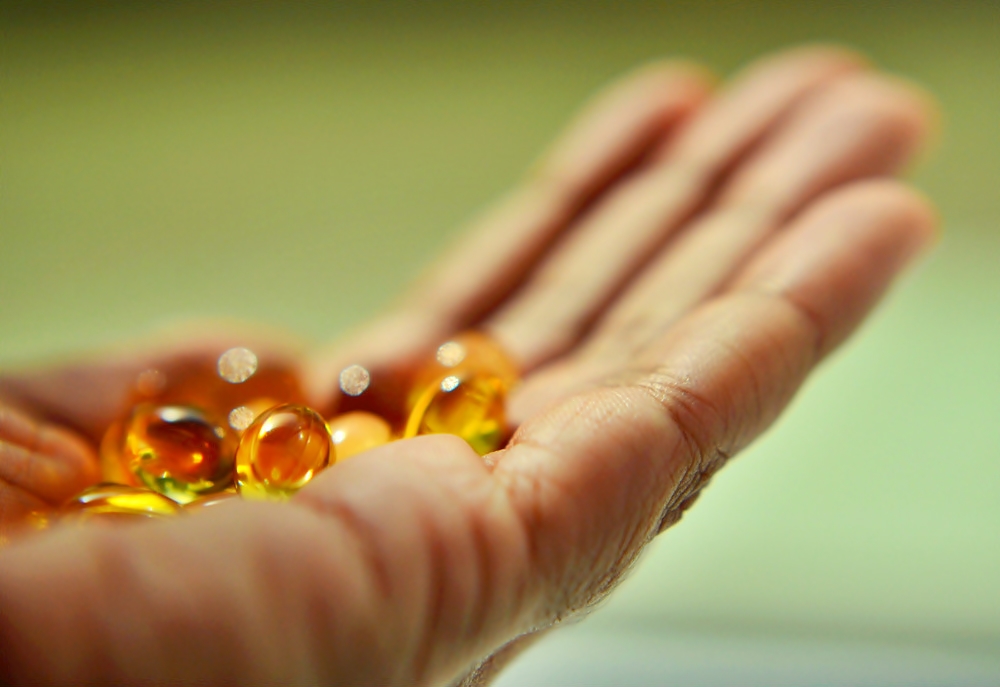
FRIDAY, May 2, 2014 (HealthDay News) — Almost one in five Ivy League college students acknowledge they’ve used stimulants to perform better in school even though they haven’t been diagnosed with attention-deficit/hyperactivity disorder (ADHD), a new study shows.
Varsity athletes and students in fraternities and sororities were more likely to report using the medications. However, about half of those who’d used the drugs said they’d done so fewer than four times, suggesting that regular use of the drugs is limited to a small number of students overall.
It’s not clear if the students surveyed are representative of their university or of American colleges at large. Still, the findings reflect other research that suggests stimulant use is a problem on college campuses across the country, said study co-author Dr. Andrew Adesman, chief of developmental and behavioral pediatrics at Steven and Alexandra Cohen Children’s Medical Center of New York.
“We need to reduce the improper use of these medications,” he said, “and counsel students with attention-deficit/hyperactivity disorder about the legal and health risks of giving their medications to other students.”
In the study, the researchers surveyed 616 college students — none of whom were diagnosed with ADHD — at an unidentified Ivy League university in 2012. The students responded to an anonymous online questionnaire about their use of stimulants such as Adderall.
The drugs, chemical cousins of cocaine, “will speed you up,” explained Matt Varga, an assistant professor of counselor education and college student affairs at the University of West Georgia. “People can stay up for hours on end,” and feel a higher level of alertness than they’d get from caffeine in coffee, said Varga, who was not involved with the study.
The drugs pose various medical risks, especially when used with other drugs or when a person has a medical problem such as an undiagnosed heart condition, said Sean Esteban McCabe, a research associate professor with the University of Michigan Institute for Research on Women and Gender.
Of the students surveyed, 13 percent of sophomores, 24 percent of juniors and 16 percent of seniors said they’d used prescription stimulant drugs at least once.
Students who’d used the drugs said they relied on them to write an essay (69 percent), study for an exam (66 percent), take a test (27 percent) or engage in research (32 percent).
Twenty-eight percent of students surveyed who both played varsity athletics and were part of the Greek system said they’d used the drugs, compared to 16 percent of other students. McCabe said these students may use the drugs because they’re having more trouble managing their time and studying properly.
Those who’d used the drugs were less likely (18 percent) to think using the drugs is cheating compared to those who’d never used the drugs (46 percent). A third of students surveyed overall said they don’t think using the drugs counts as cheating.
Is it, in fact, cheating? Study co-author Adesman said there should be a discussion about this question because so many students believe it is.
But McCabe said there’s a twist to any assumptions about the drugs: Their ability to help students get better grades “appears to be more of a myth than a reality.”
As for their source of the medications, the overwhelming majority of students who use the drugs get the stimulants from other students who are prescribed them, McCabe said. “Research indicates peers often share these medications with one another for free. The majority of adolescents 18 to 22 years of age believe it is ‘fairly easy’ or ‘very easy’ to get prescription stimulants,” noted McCabe, who was not part of the study team.
The researchers chose to keep the campus anonymous “to avoid any negative backlash against the school,” McCabe said, “although realistically I do not think things are any different compared to the other Ivy League schools.”
The findings are to be presented Saturday at the annual meeting of the Pediatric Academic Societies in Vancouver. Research presented at meetings should be viewed as preliminary until published in a peer-reviewed medical journal.
More information
For more about stimulant drugs used to treat ADHD, try the U.S. National Institute on Drug Abuse.
Copyright © 2026 HealthDay. All rights reserved.

